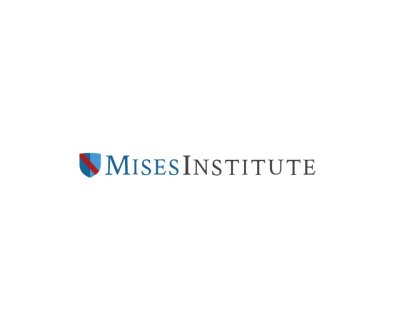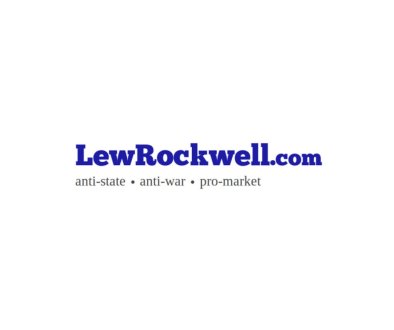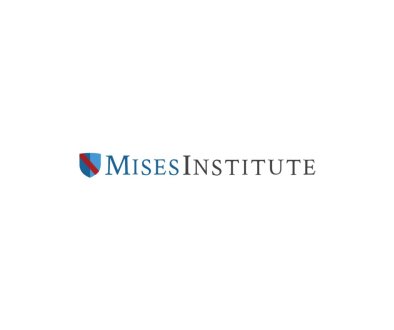A Federal Judge in Utah Orders Local Officials To Return a Religious Group’s Psychedelic Sacrament
When Bridger Lee Jensen opened a spiritual center in Provo, Utah, he contacted city officials to let them know what would be happening there: The religious group he had founded, Singularism, would be conducting ceremonies involving a tea made from psilocybin mushrooms. “Singularism is optimistic that through partnership and dialogue, it can foster an environment that respects diversity and upholds individual rights,” Jensen wrote in a September 2023 letter to the Provo City Council and Mayor Michelle Kaufusi. Jensen, who wanted to “establish an open line of communication” with local officials, said he would be happy to answer their questions and invited them to visit the center.
Jensen’s optimism proved to be unfounded. The city did not respond to his overture until more than a year later, when Provo police searched the Singularism center and seized its sacrament: about 450 grams of “mushrooms and mushroom-like material” that the group kept inside a locked safe. The seizure was the result of an investigation in which an undercover officer posed as a would-be Singularism facilitator.
That raid happened on November 11, 2024, less than eight months after Utah Gov. Spencer Cox had signed the state’s version of the federal Religious Freedom Restoration Act (RFRA). That law likely protects Singularism’s psychedelic rituals, a federal judge ruled last month. U.S. District Judge Jill Parrish granted Jensen’s request for a preliminary injunction against city and county officials, ordering them to return the mushrooms and to refrain from further interference with the group’s “sincere religious use of psilocybin” while the case is pending.
“In this litigation, the religious-exercise claims of a minority entheogenic religion put the State of Utah’s commitment to religious freedom to the test,” Parrish writes in Jensen v. Utah County. If such a commitment “is to mean anything,” she says, it must protect “unpopular or unfamiliar religious groups” as well as “popular or familiar ones.”
Parrish notes that “the very founding of the State of Utah reflects the lived experience of that truth by members of the Church of Jesus Christ of Latter-day Saints.” In light of that history, she suggests, “it is ironic” that “not long after enacting its RFRA to provide special protections for religious exercise, the State of Utah should so vigorously deploy its resources, particularly the coercive power of its criminal-justice system, to harass and shut down a new religion it finds offensive practically without any evidence that [the] religion’s practices have imposed any harms on its own practitioners or anyone else.”
Criminal Charges
That vigorous deployment of law enforcement resources included drug charges that Utah County Attorney Jeffrey Gray filed against Jensen in December, five days after Parrish issued a temporary restraining order based on her initial assessment of the case. The defendants also sought to strengthen their criminal case with discovery requests that Parrish deemed “offensively overbroad.” They wanted to know, for example, “each instance where Jensen consumed drugs prohibited by the Controlled Substances Act between 2015 and the present.” They also sought “documents sufficient to identify each individual to whom Plaintiffs have administered psilocybin from 2019 to present.”
Those requests, Parrish notes, “concerned criminal conduct far in the past and effectively demanded Singularism to disclose the identities of all individuals who had affiliated with the religion.” She thought “the sheer breadth of the requests” suggested that the defendants were trying to use discovery in the civil case to “investigate Plaintiffs for the pending state criminal case—a patently improper purpose.”
Parrish notes that her injunction “does not prevent the government from continuing to prosecute Mr. Jensen in the pending state criminal case.” Nor does it address Jensen’s argument that his group’s activities are protected by the federal and state constitutions. Parrish is delaying consideration of those issues until April 11, giving Utah Attorney General Derek Brown a chance to “present evidence or argument on the constitutional questions should he wish to do so.” But because Parrish concluded that Jensen is likely to prevail on his RFRA claim, her order does bar the defendants from continuing to “harass” his group.
The federal RFRA, which Congress enacted in 1993, codified the religious freedom test that the U.S. Supreme Court applied prior to its 1990 ruling in Employment Division v. Smith, which involved the use of peyote by members of the Native American Church. Under that test, the government may not “substantially burden a person’s exercise of religion,” even by applying “a rule of general applicability,” unless it shows that the burden is “the least restrictive means” of furthering a “compelling governmental interest.”
In the 2006 case Gonzales v. O Centro Espírita Beneficente União do Vegetal, the Supreme Court unanimously ruled that RFRA protected the American branch of a syncretic Brazil-based church from federal interference with its rituals, even though the group’s sacramental tea
Article from Reason.com

The Reason Magazine website is a go-to destination for libertarians seeking cogent analysis, investigative reporting, and thought-provoking commentary. Championing the principles of individual freedom, limited government, and free markets, the site offers a diverse range of articles, videos, and podcasts that challenge conventional wisdom and advocate for libertarian solutions. Whether you’re interested in politics, culture, or technology, Reason provides a unique lens that prioritizes liberty and rational discourse. It’s an essential resource for those who value critical thinking and nuanced debate in the pursuit of a freer society.



